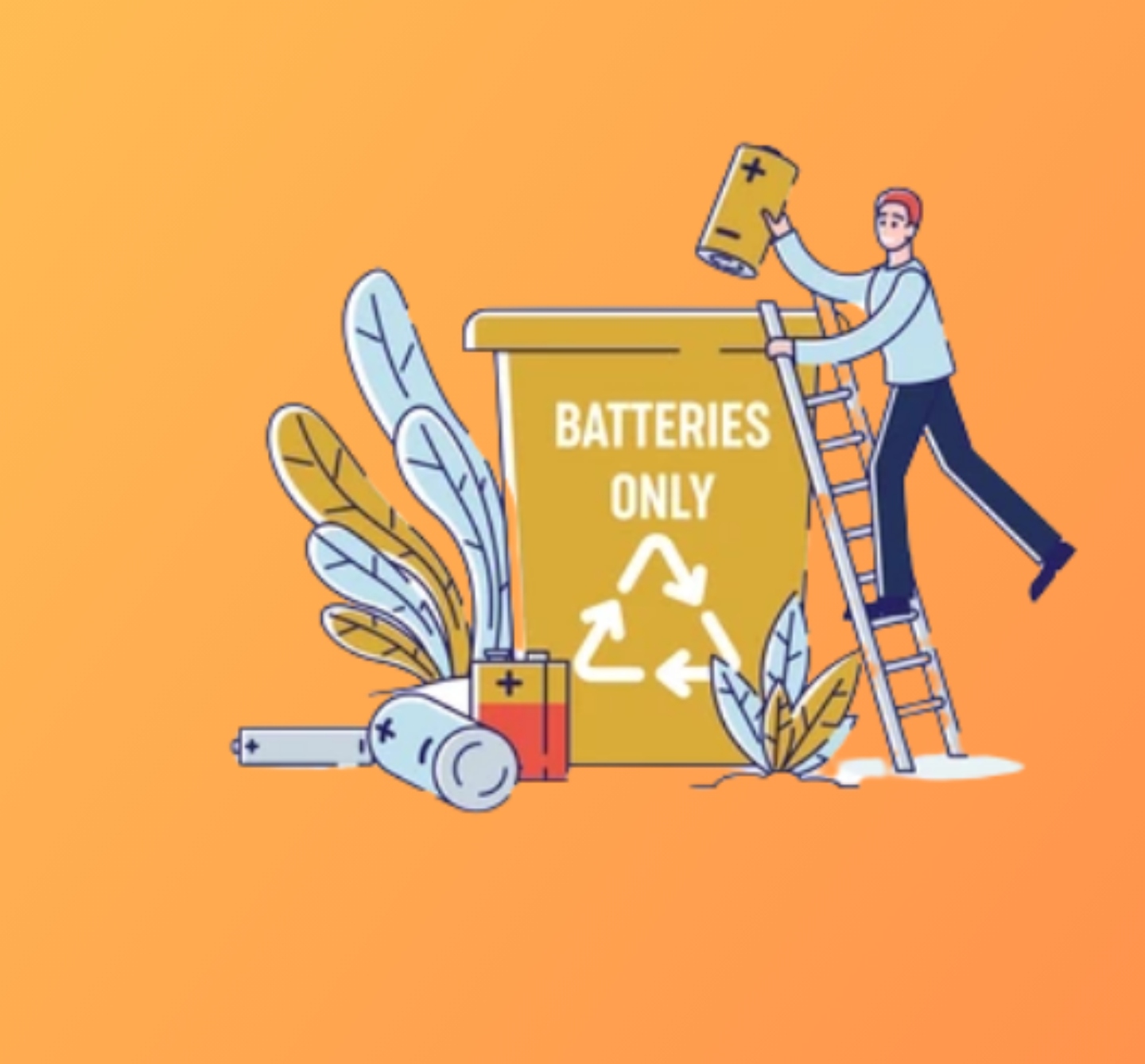Introduction: How To Start Battery Collection Unit In India
The battery collection unit is a business that deals with collecting used or discarded batteries from households, offices, and industries and sending them to recycling facilities. The demand for battery collection units has increased in recent years due to the growing awareness of environmental issues and the need for proper disposal of hazardous waste. This article provides a step-by-step guide on how to start a battery collection unit in India.
Step By Step Procedure To Start Battery Battery Collection Unit in India
Step 1: Conduct Market Research: The first step in starting a battery collection unit is to conduct market research. It is essential to know the current market demand, competition, and potential customers. The research should focus on the types of batteries available in the market, the number of batteries generated, the collection process, and the recycling process.
Step 2: Register Your Business: The next step is to register your battery collection unit as a business entity. The registration process includes obtaining a business license and registering with the local municipal corporation or Panchayat.
Step 3: Identify Collection Points: The collection points are the places where used batteries are collected. The collection points can be residential areas, commercial buildings, or industries. It is essential to identify the collection points and set up a system for collecting used batteries from these places.
Step 4: Create a Collection System: The collection system is the process of collecting used batteries from the identified collection points. The collection system should be designed in such a way that it is easy for people to dispose of their used batteries. The collection system can include providing collection boxes or setting up a door-to-door collection system.
Step 5: Set Up a Storage Facility: The next step is to set up a storage facility for the collected batteries. The storage facility should be designed in such a way that it prevents the batteries from leaking or causing any harm to the environment. The storage facility should also have adequate security to prevent theft or any other form of damage.
Step 6: Transportation: The collected batteries need to be transported to recycling facilities. It is essential to have a reliable transportation system in place. The transportation system should be designed in such a way that it ensures the safe transport of batteries to the recycling facility.
Step 7: Recycling: The final step in the battery collection unit business is the recycling process. It is essential to have a tie-up with a reliable recycling facility. The recycling facility should be equipped to handle different types of batteries and should follow all the necessary safety measures.
Documents Required For Starting A Battery Collection Unit:
To start a battery collection unit, the following documents are required:
- Business registration certificate
- A municipal corporation or Panchayat registration certificate
- License for handling hazardous waste
- Permission from the State Pollution Control Board
- PAN card
- Bank account details
- Capital Required and Profit Margin:
Importance Of Battery Waste Management Authorization
Battery waste management authorization is a crucial requirement for any Battery Collection Unit operating in India. This authorization is required to ensure that the unit is complying with the regulations and guidelines set forth by the Central Pollution Control Board (CPCB) and state pollution control boards regarding the collection, transportation, storage, and disposal of batteries.
The battery waste management authorization helps in ensuring the safety of workers, the public, and the environment by mandating the implementation of appropriate safety measures and protocols during the handling of batteries. The authorization also ensures that the batteries are being collected, transported, and disposed of in a safe and environmentally friendly manner.
Battery waste contains hazardous materials such as lead, cadmium, and mercury, which can pose significant risks to human health and the environment if not handled properly. These materials can contaminate soil and water sources, leading to serious health and environmental issues. The capital required to start a battery collection unit business depends on the scale of the business. The capital required can range from INR 10 lakhs to INR 50 lakhs. The profit margin of the business also depends on the scale of the business. On average, the profit margin ranges from 15% to 25%.
Conclusion:
Obtaining a Battery Waste Management Authorization is crucial for starting a battery collection unit in India. It not only ensures compliance with legal regulations but also ensures that the hazardous waste generated from batteries is managed properly and safely. By obtaining the necessary authorization, a battery collection unit can operate with confidence, knowing that it is contributing to a sustainable and eco-friendly future. Additionally, proper disposal and recycling of batteries can also lead to a more circular economy, creating new job opportunities and promoting economic growth. Therefore, it is highly recommended for anyone planning to start a battery collection unit obtain the necessary authorization and follow the proper procedures for the safe and efficient management of battery waste.
Tags: Battery CollectionBattery Collection UnitBusiness licenseBusiness registration

